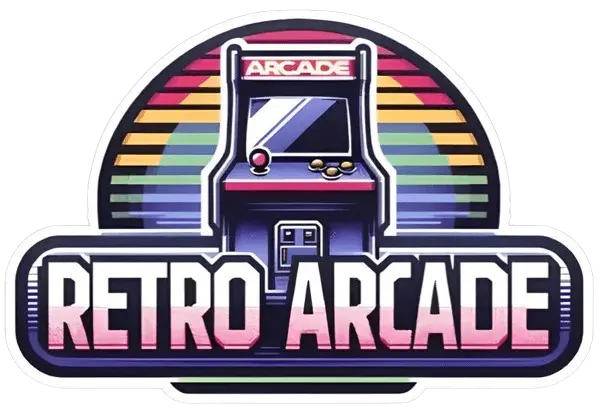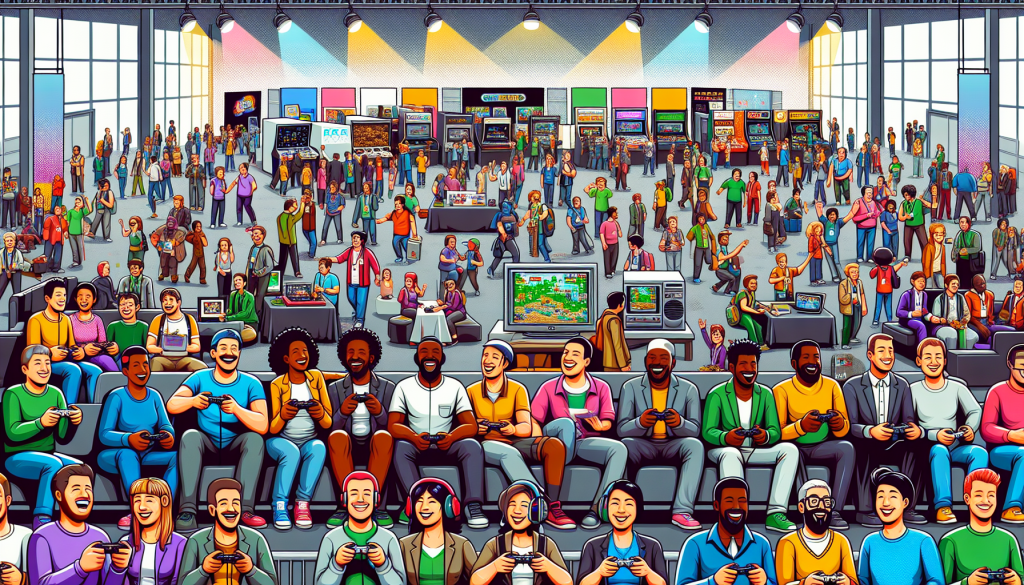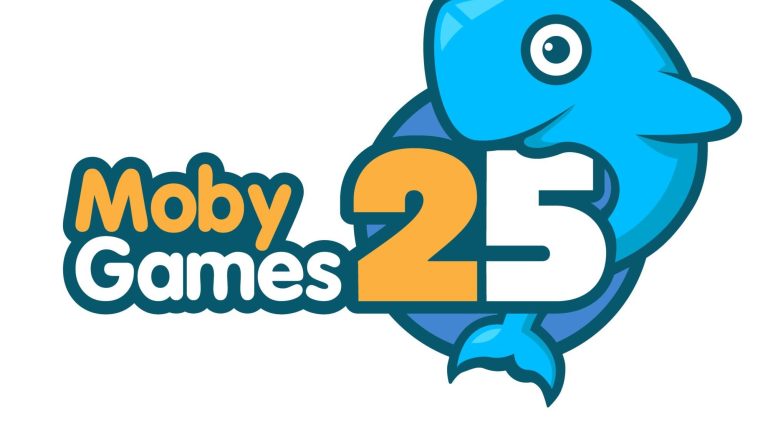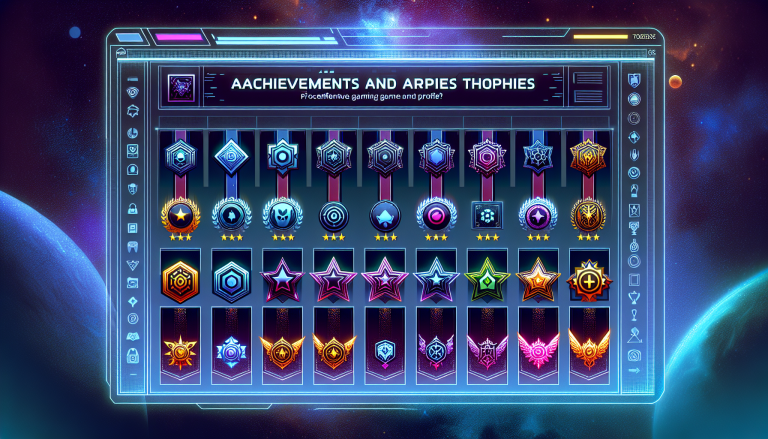Awareness on Denver’s Retro Gaming Sale Scam
Hey there, retro gaming aficionados! We know that in today’s modern world, our love for old-school video games is a refreshing break from the high-definition, virtual reality experiences. But, did you hear about the recent scam that hit our fellow gamers in Denver? If not, let’s dive into it and learn how to avoid falling into such traps.
The Scam: An Overview
The Denver Retro Gaming Sale scam, as it has come to be known, targeted innocent gamers who were hunting for rare and nostalgic gaming gems. Buyers were lured with the promise of acquiring rare and prized retro games at irresistible prices. However, after payment, the promised items never arrived, leaving many heartbroken and lighter in the pocket.
How it Happened
Here’s how the tricksters operated: They would set up a phony online store or use existing platforms to post ads for hard-to-find retro games. Excited buyers would jump at the chance to complete their collections, often overlooking the red flags in their rush to secure the deal. Once payment was made, the communication would stop, and the ‘seller’ would disappear, leaving the buyer with nothing more than an empty promise.
Recognizing the Deception
Now, let’s discuss some tell-tale signs of this scam that you should be aware of:
- The seller insists on immediate payment, often via an unsecured method.
- Prices are too good to be true – rare retro games at bargain prices can be a big red flag.
- The seller is unwilling or unable to provide details about the game’s condition, box, manual, or other specifics.
Staying Informed, Staying Safe
We love retro games, but we should also love the safety of our hard-earned money. The internet can be a wild west of scammers, but being informed can make all the difference. The Denver Retro Gaming Sale scam serves as a vital reminder for us to be cautious and vigilant while exploring the realms of online trade.
Remember, there’s a wealth of information out there to help us avoid scams – from gaming forums and blogs to social media groups, where fellow gamers share their experiences. So, let’s learn from each other and stay safe.
Identifying Red Flags in Retro Games Purchases
Hey there gamers, I bet you’re as enthusiastic about retro games as I am! With the surge in popularity of classic and vintage games, it’s vital to be aware of potential pitfalls. Unfortunately, the unfortunate reality is scams are pervasive, even in our beloved gaming world.
But not to worry! I’m here to guide you through identifying red flags when purchasing retro games. So, fasten your seatbelts, and let’s protect your passion and wallet, shall we?
Price Too Good to Be True
Let’s say you spot that rare edition of the classic ‘Super Mario Bros’ listed at a ridiculously low price. Alarm bells should be ringing! If the price is too good to be true, it probably is. Scammers often lure gamers with unrealistic prices for rare editions to make quick money.
Unclear Game Descriptions
A legitimate seller will provide a detailed description of the game’s condition. They would mention whether it’s working, if there are any damages, and what components are included. A vague description or lack of information could be a red flag that the seller isn’t genuine.
Poor Quality or Altered Images
Photos speak volumes! When purchasing retro games, always pay attention to the quality of images posted by the seller. If the photos are blurry, taken from odd angles, or appear altered, be cautious. Remember, a genuine seller will have no problem providing clear, high-quality photos of the game from multiple angles.
Inconsistent or Negative Seller Reviews
- Reviews and ratings are your best friends while buying online. If a seller has inconsistent reviews or a slew of negative comments, think twice.
- Look out for patterns in complaints – if multiple buyers mention receiving counterfeit games, there’s a good chance you might too.
Vague Return Policy
A trustworthy seller will have a clear return policy in place, offering you a safety net in case the game doesn’t match the description or is faulty. If the seller is hesitant to answer questions about their return policy or if it seems vague, consider it a red flag.
Remember, buying retro games should be a fun and rewarding experience. While scams can be disheartening, they shouldn’t deter you from enjoying your love for retro games. Being aware and vigilant is the key – so keep these red flags in mind and happy gaming!
Safety Measures for Retro Gaming Enthusiasts
Hey there, fellow gaming geeks! We all know that retro gaming isn’t just a hobby; it’s a passion, a lifestyle. And like any passion, we want to ensure it’s protected, right? Well, in this world of online buying and selling, even our cherished gaming pastime isn’t safe from scams. So, let’s talk about how we can keep our love for classic games secure and enjoyable. Shall we?
Know your Seller
Whether you’re buying from a local store, an online auction, or even a garage sale, it’s crucial to know who you’re dealing with. Do some background checks. Look at seller reviews and ratings. Have any other buyers reported any issues? Remember, if a deal seems too good to be true, it probably is.
Be Informed
Knowledge is power, my friends! The more you know about the retro games you’re after, the safer you’ll be. Familiarize yourself with the normal pricing and recognize the signs of counterfeits. For example, misprints on the cover artwork or poor-quality manuals can be telltale signs of fakes.
Ask Questions
Don’t be shy to ask the seller questions. Good sellers will be more than happy to answer your queries about the game’s condition, its origin, or even its history. Remember, your right to information is paramount when it comes to online transactions.
Secure Payments
Keeping your financial information safe should be your top priority. Always use secure payment methods when buying online. Avoid wire transfers and direct bank deposits. Instead, use payment platforms like PayPal that offer buyer protection services.
Get a Second Opinion
If you’re still unsure about a purchase, why not seek a second opinion? Connect with other enthusiasts in the community. Chances are, they’ve been where you are and can offer valuable advice.
Alright, gaming friends, that’s it for now. Remember, awareness is the first step towards prevention. Let’s keep our gaming space safe and scam-free!
Impact of Scams on the Retro Gaming Community
With the rise in popularity of retro gaming, sadly, there has also been an increase in scams targeting enthusiasts. These destructive practices have not only financial implications for the victims, but also profoundly affect the community at large. Let’s delve into this issue and explore its effects, as well as some potential solutions.
Undermining Trust and Confidence
Scams can erode the trust and confidence within the retro gaming community. When gamers are cheated, their enthusiasm can be damped, and they may become wary of making future purchases. This can lead to decreased activity within the community, which in turn, lessens the vibrancy and dynamism that makes retro gaming so enjoyable.
Financial Impact
Being scammed out of hard-earned money is a painful experience. For retro gaming enthusiasts who’ve been victims of scams, the financial loss can be significant, particularly if they’ve invested in rare or high-value games. This not only impacts the individual but can also deter new players from entering the hobby, thus hindering the potential growth of the community.
Damaging the Market
Scams can distort the market for retro games. Fraudsters may inflate prices by artificially creating demand for certain games, or by selling counterfeit copies as originals. As a result, legitimate sellers might find it harder to sell their authentic games, and buyers may be put off by inflated prices.
How to Counter the Negative Impact?
In the face of these challenges, it’s crucial for the retro gaming community to band together and counter the negative impact of scams. Here are a few ways to do this:
Educate: Raise awareness about the common scams and their red flags. Educate gamers on how to verify the authenticity of games, and encourage them to share this knowledge with others.
Support: Provide support to those who’ve been scammed. This could be in the form of advice, emotional support or assistance in reporting the fraud to relevant authorities.
Advocate: Push for stricter regulations and better consumer protections in the gaming market. This could involve lobbying government bodies, or working with game manufacturers and sellers to improve verification processes.
Remember, scams might be a bitter pill to swallow, but they should not deter us from enjoying the charm and nostalgia of retro gaming. Let’s unite, stay informed, and ensure we create a safe and engaging environment for all retro gaming enthusiasts!












